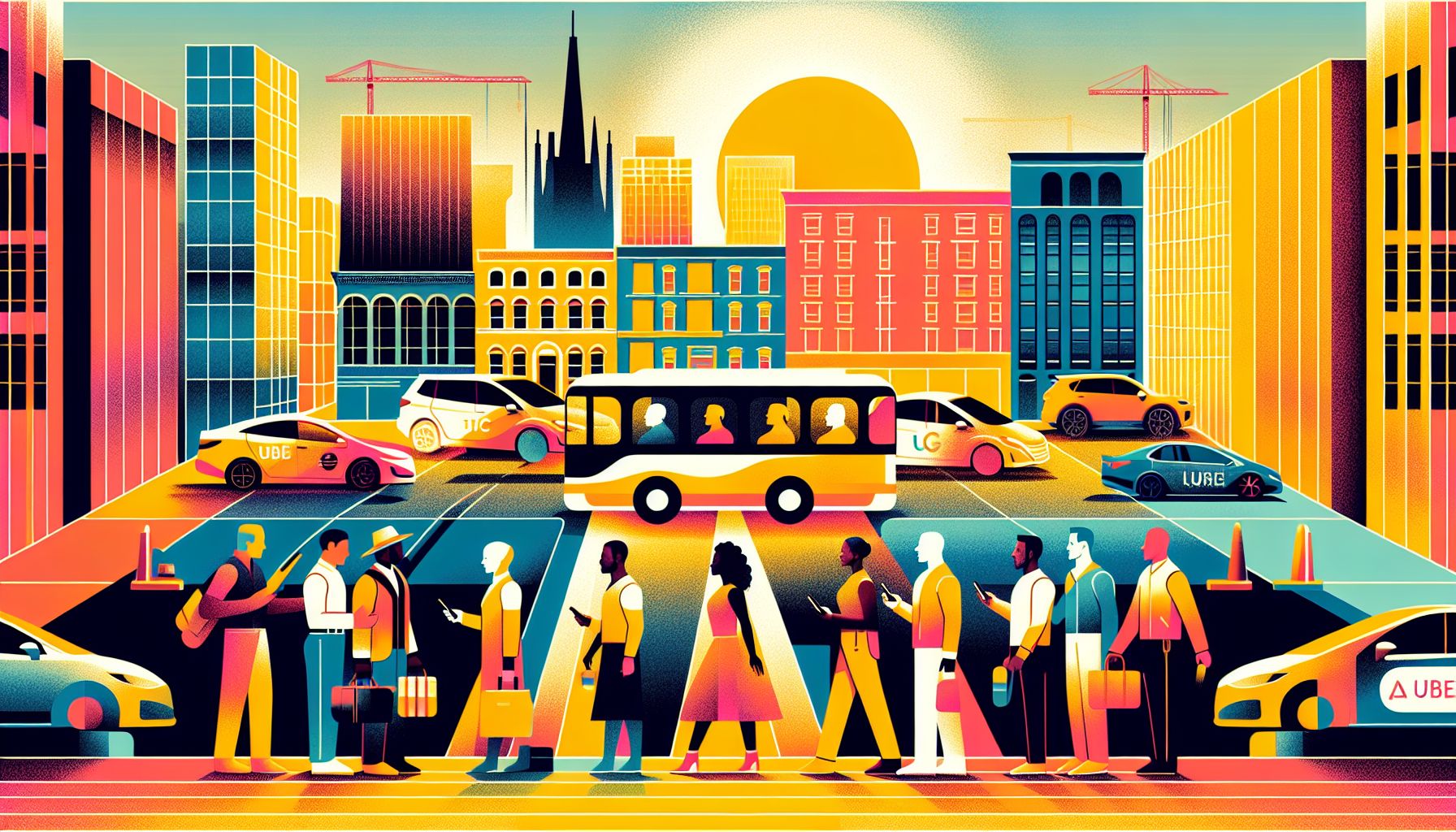Ride-Sharing Apps Reduce Racial Bias in Transportation, Study Finds

Pittsburgh, Tuesday, 1 October 2024.
Carnegie Mellon University researchers reveal that apps like Uber and Lyft significantly mitigate racial discrimination in ride services. The study shows technology’s role in promoting equitable transport access, with waiting times differing by mere seconds between racial groups.
How Ride-Sharing Apps Work
Ride-sharing apps like Uber and Lyft utilize advanced algorithms to match passengers with drivers based on proximity and availability. When a user requests a ride, the app identifies the nearest available driver and sends them the trip details. This process, driven by real-time data and automated decision-making, minimizes human intervention, thereby reducing the potential for racial bias that can occur during traditional taxi dispatching.
Significant Findings from the Study
The Carnegie Mellon University study, conducted by researchers at the College of Engineering, found that ride-sharing apps help mitigate racial discrimination against passengers of color. The researchers discovered that the rate of ride cancellations for passengers with names sounding like those of people of color decreased significantly when using ride-sharing apps compared to traditional methods. Previously, such passengers faced cancellation rates up to twice as high as those with names sounding like white individuals.
Impact on Waiting Times
Despite the lower cancellation rates, the study noted that the waiting times for rides booked through apps like Uber and Lyft were similar across racial groups, differing only by a few seconds. This finding underscores the efficiency of these apps in providing equitable service, ensuring that passengers receive timely transportation regardless of their racial background.
Broader Implications for Technology and Equity
The study highlights the broader implications of technology in promoting equity. By reducing human biases through automated systems, ride-sharing apps demonstrate how technology can be leveraged to foster fairness in essential services. This advancement is particularly significant in the transportation sector, where equitable access can have a profound impact on social mobility and economic opportunities for marginalized communities.

